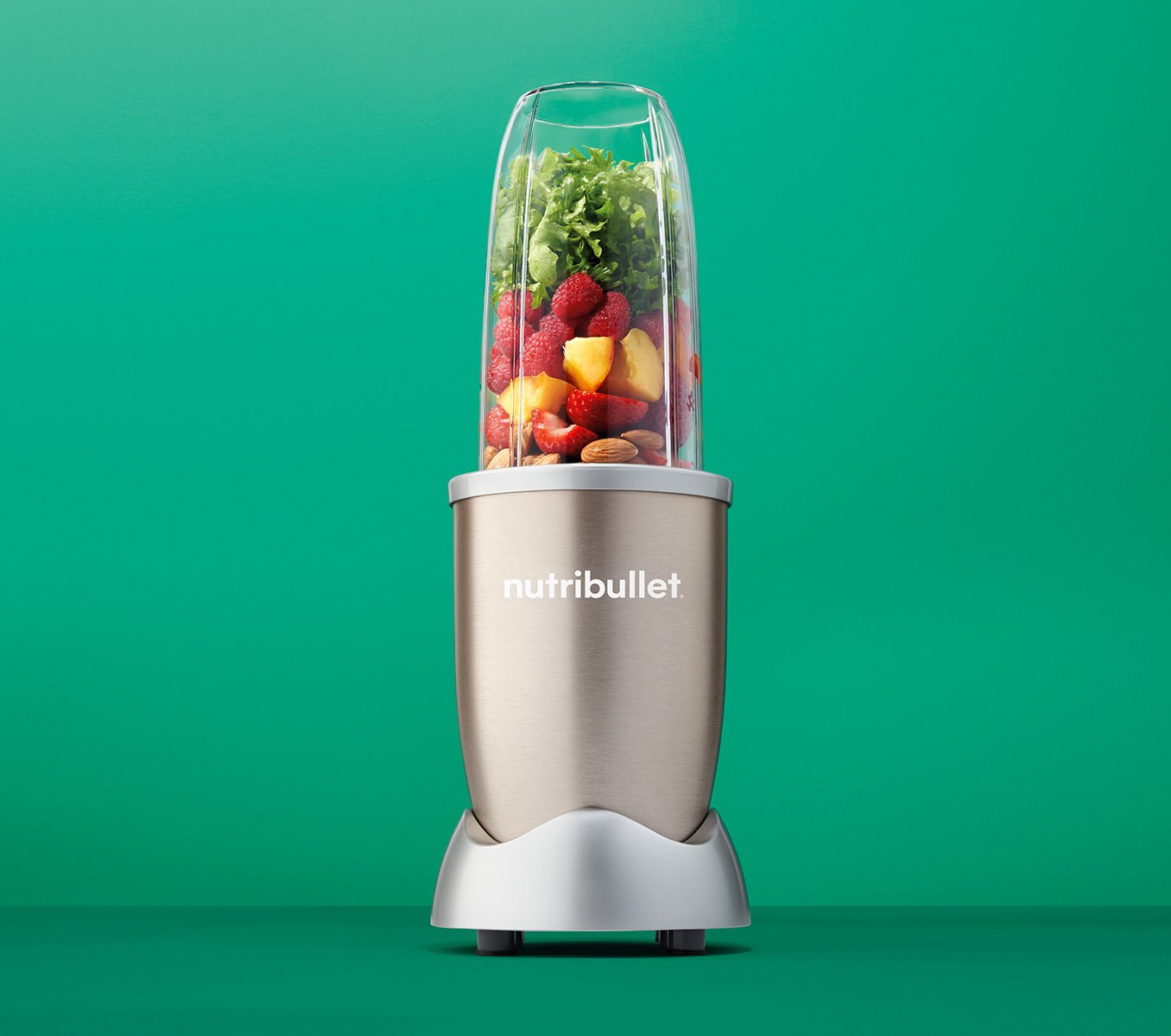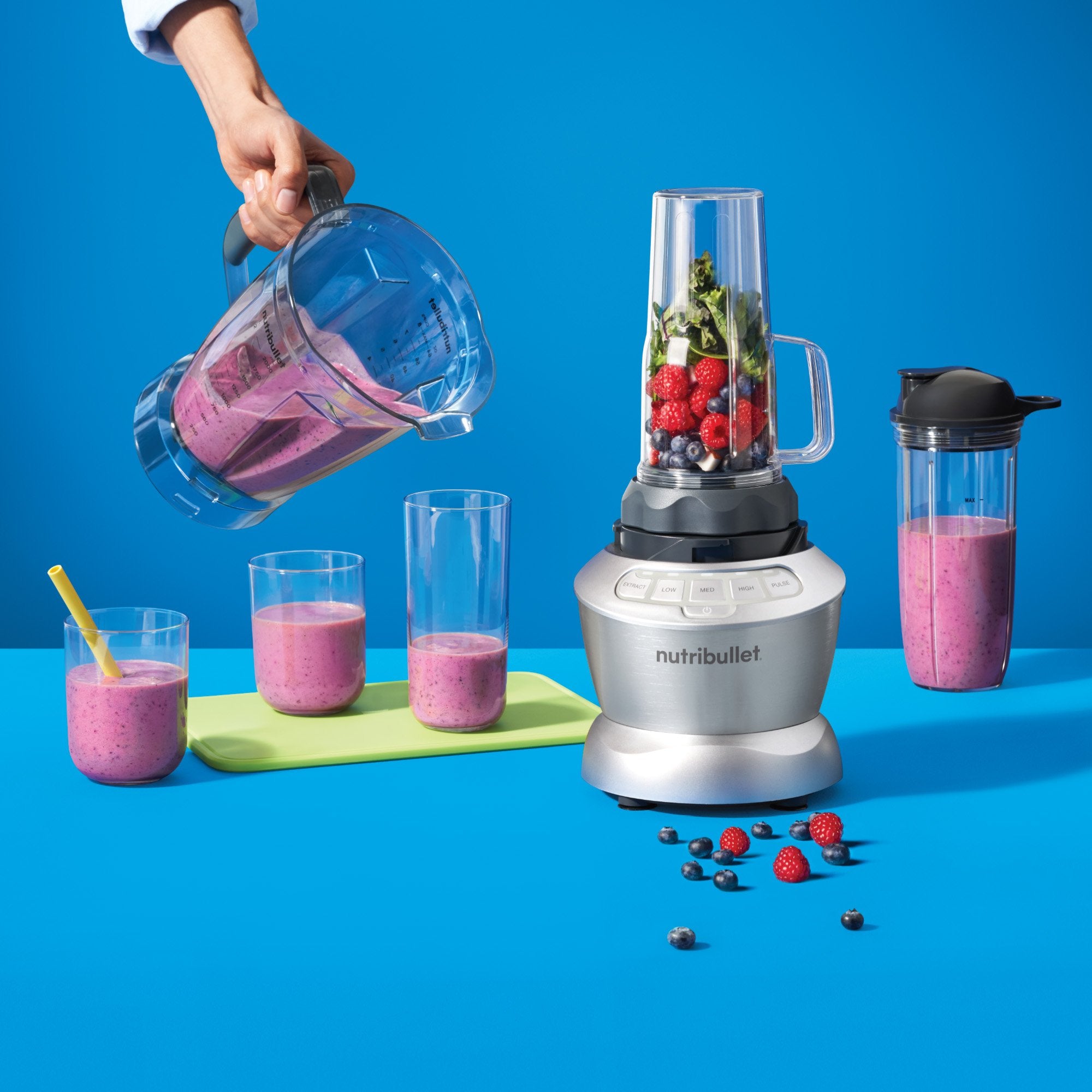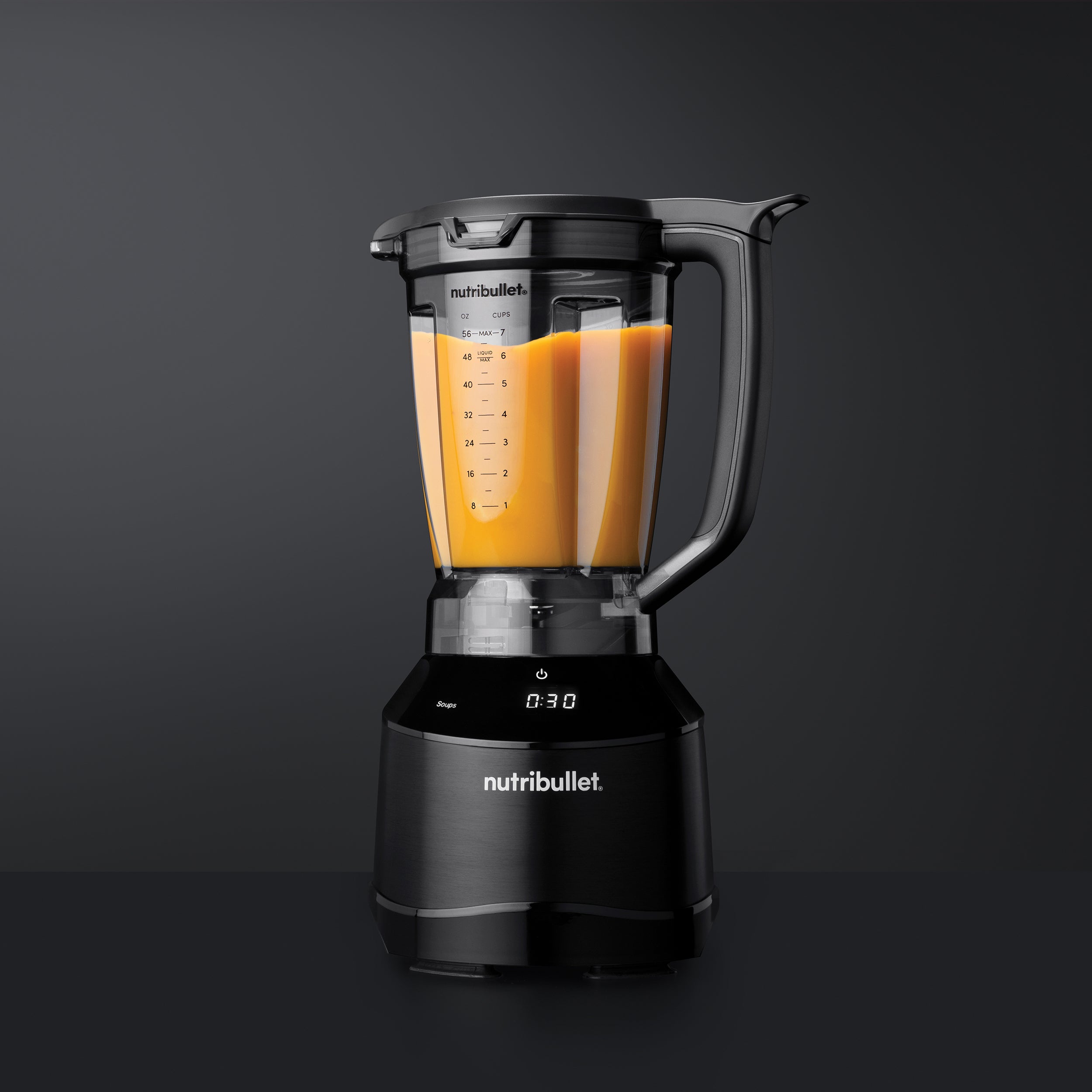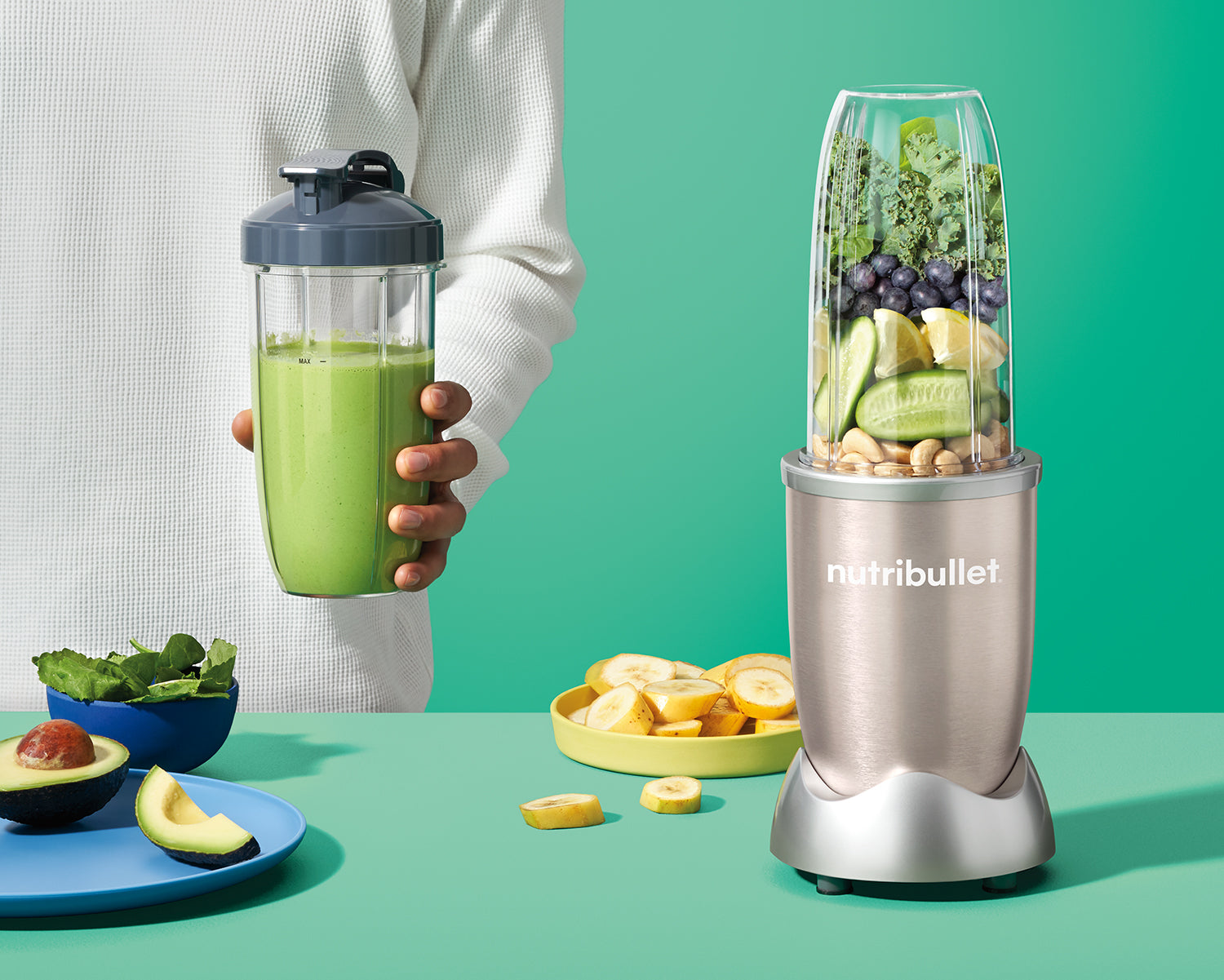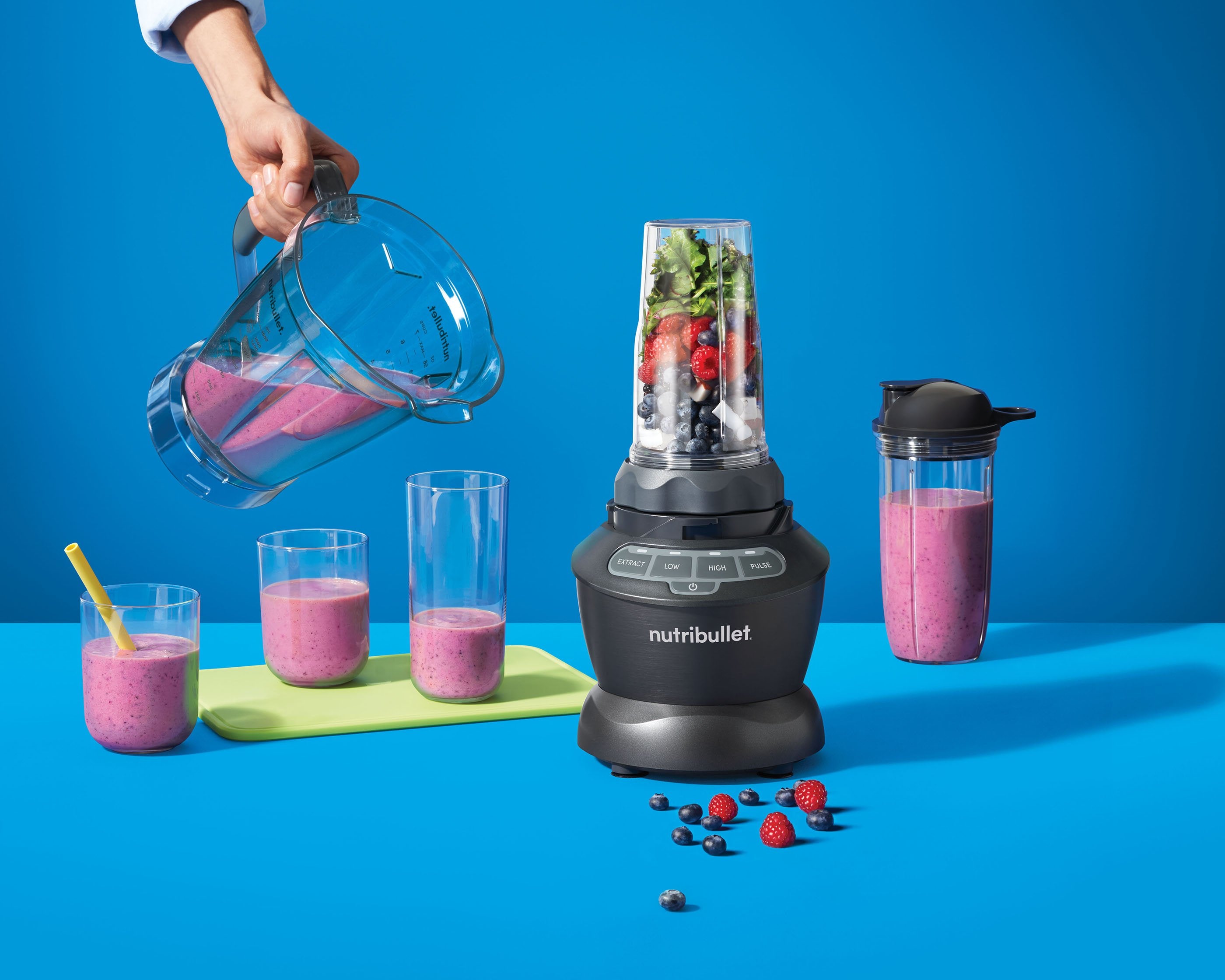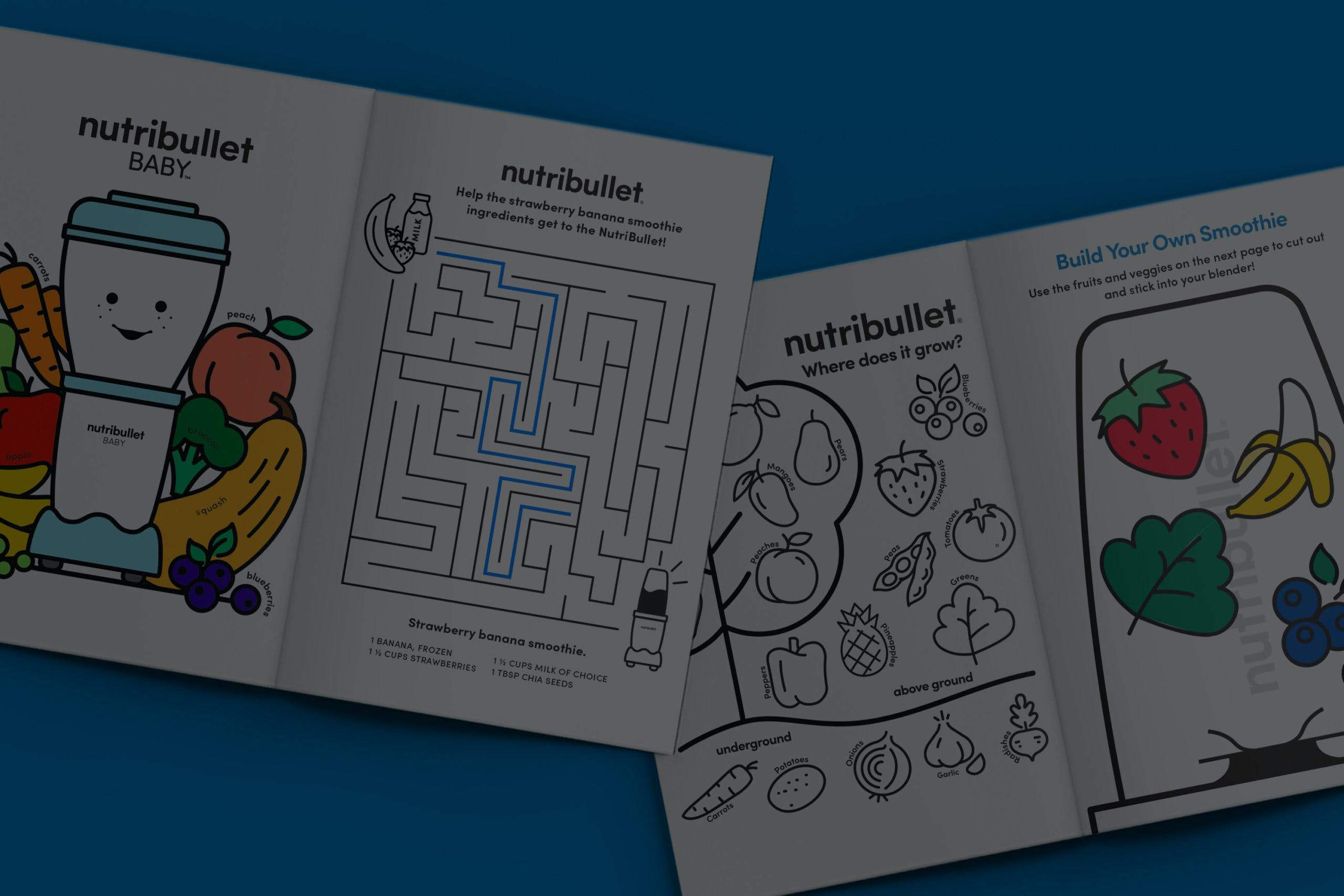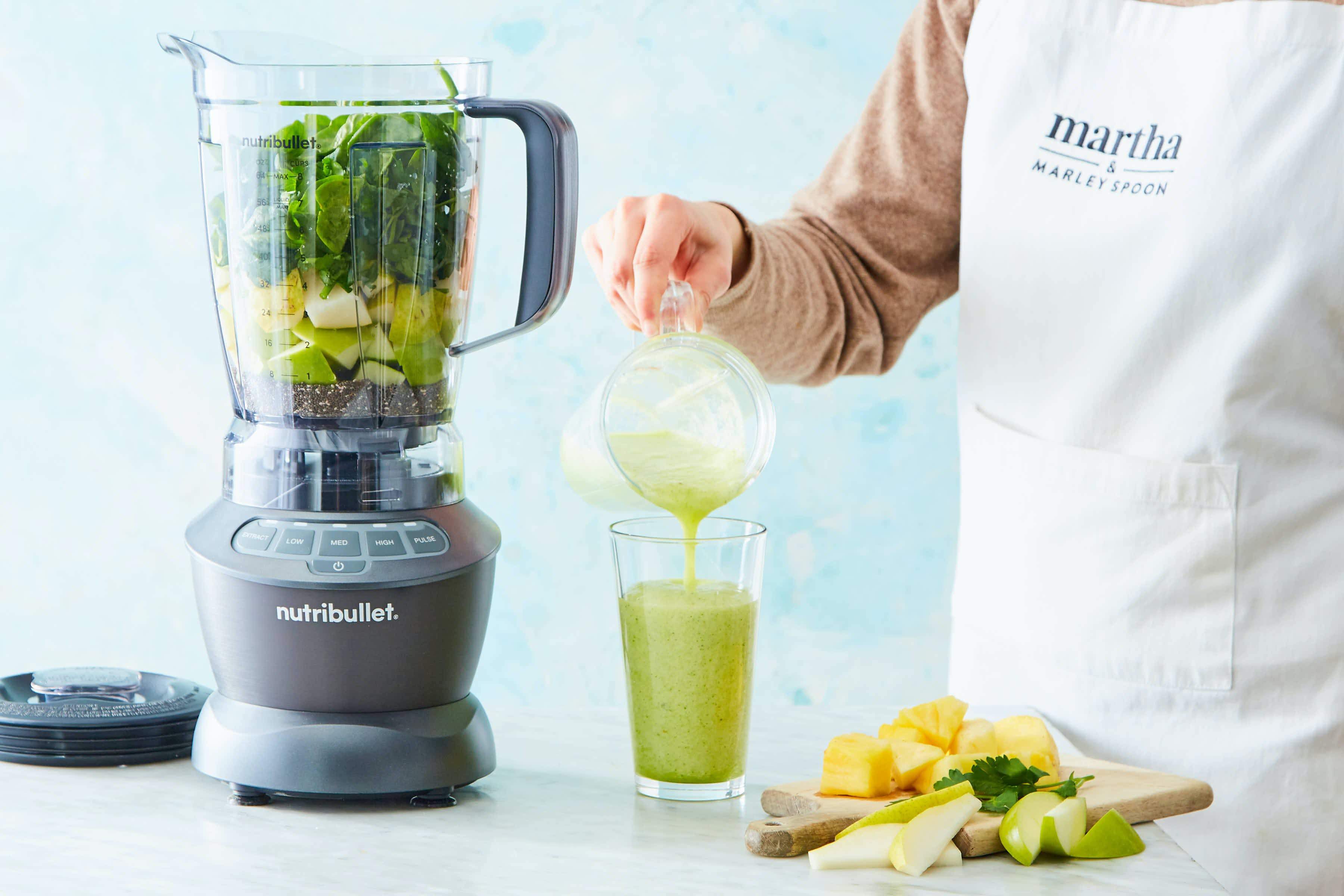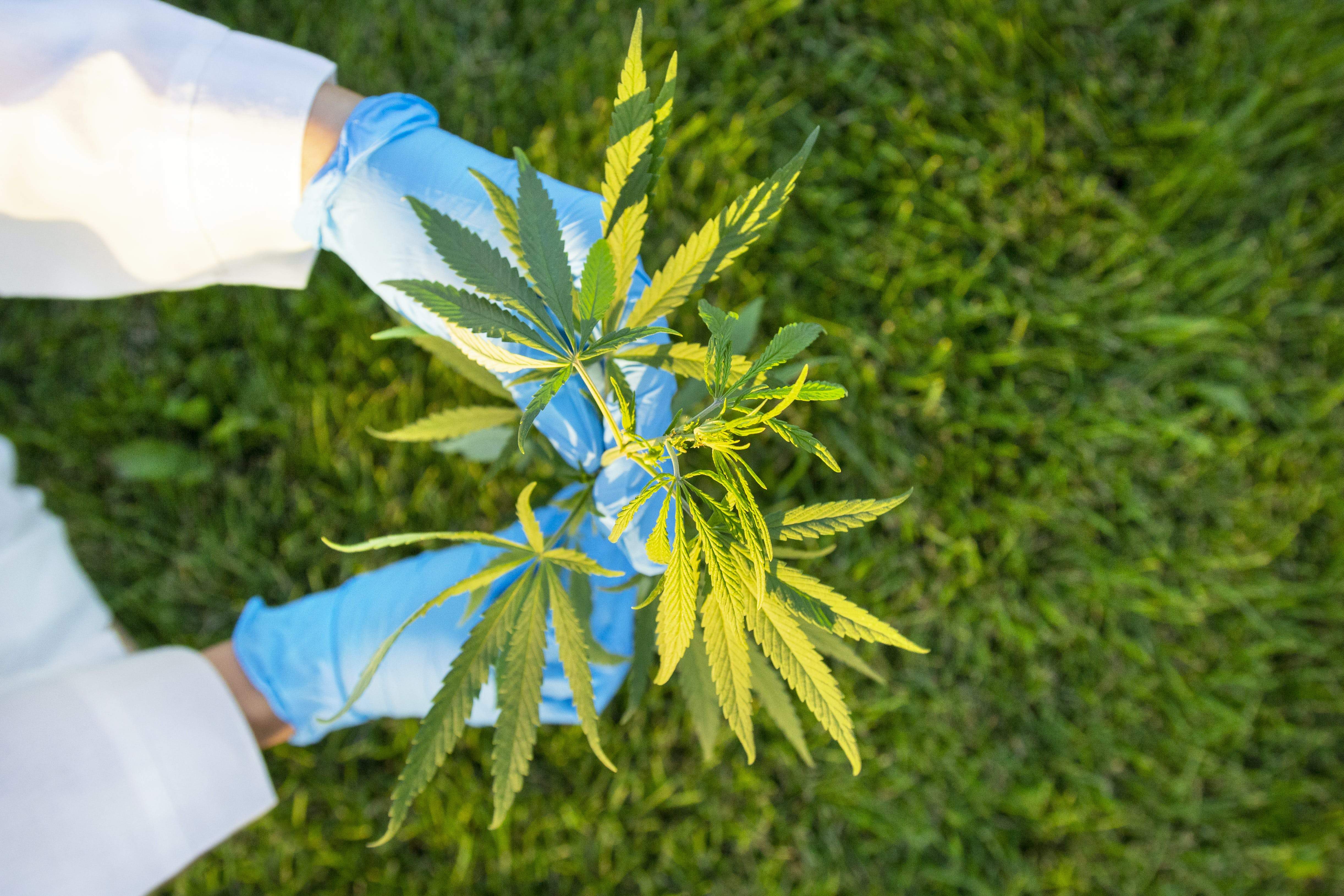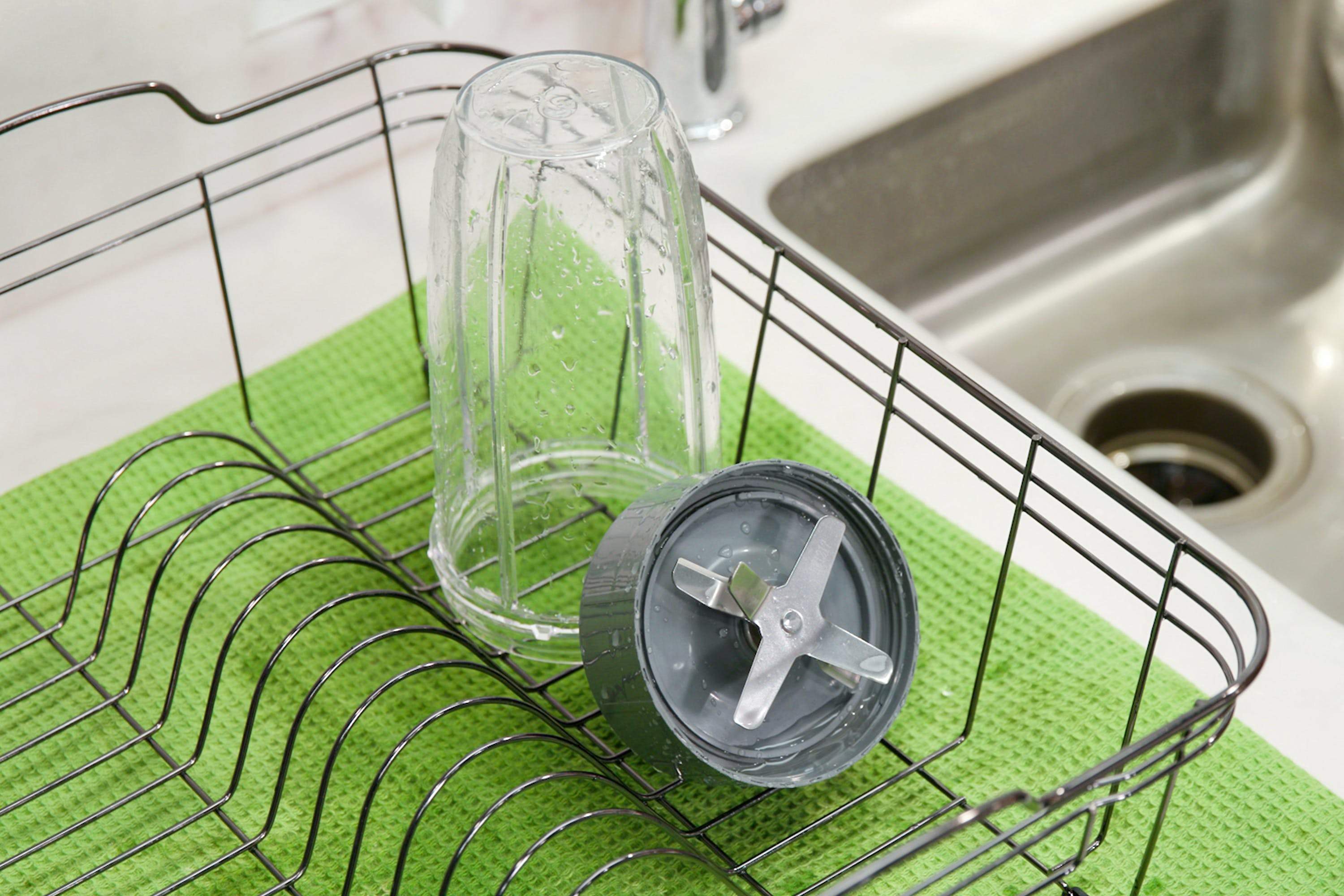Most people get a daily alert that their guts are working. Whether you’re a morning pooper or an “any time of the day” pooper, going to the bathroom is a daily, automatic occurrence. However, scientists are beginning to discover that the gut, or the gastrointestinal tract, is just as large and as chemically complex as the brain and is involved in more than just eliminating waste. New studies are looking into the mind-gut connection, specifically the role of bacteria on emotional health.
Gut and Feelings
Looking at the English language, certain phrases highlight the mind-gut connection:
- gut instinct
- gut feeling
- bad taste in my mouth
- swallowing disappointment
- getting our butts in gear
- butterflies in my stomach
These are all common terms used to describe the connection between how we feel and our gut. Let’s dive deeper into what’s going on from a physiological perspective. Signals from the gut can reach different parts of the brain and interact with areas that control the following:
- self-awareness
- emotion
- morality
- fear
- memory
- motivation
While the gut does not control these areas directly, it does play a role in programming responses to certain situations. From an early age, what we eat, our trips to the bathroom and sicknesses, all begin to build emotional responses associated with the gut. This happens in two ways. The first is when the gut builds emotional responses through millions of nerve ending that build neurological pathways directly to the brain, telling us how to react to situations. The second way is when the gut builds emotional responses through a bacterial population so large, the number of bacterial DNA cells outnumbers our own human cells.
Bacterial Manipulation
Studies are exploring what happens when you manipulate the bacteria in the gut and the impact it has on emotions. For example, mice that are raised in a sterile environment, versus those with a healthy amount of gut bacteria, exhibit bizarre behaviors. Mice in a sterile environment produce higher amounts of stress hormones, are more anxious and are not able to assess or avoid potentially harmful situations. Another study looked at timid mice with altered gut bacteria. The mice, which once were afraid to go and explore new situations, became avid explorers.
Studies have also found a connection between gut bacteria and GABA, a feel-good hormone. Lactobacillus rhamnosus (good gut bacteria) can alter levels of GABA in the brain and influence the response to stress. These findings suggest that gut health and anxiety are closely linked.
Implications for Treatment
With knowledge of the mind-gut connection, treatment of depressive disorders and anxiety are changing. Focusing on correcting underlying bacterial imbalance and assessing the diet before medication are more common approaches. A high sugar diet feeds harmful bacteria, allowing them to grow and take over the gut. This leads to a decrease in immune function, digestive discomfort, cognitive decline, and anxiety. Ensuring the gut is populated with healthy bacteria can change the way people respond to certain situations, seeing them as less stressful.
Treat your Gut Right!
The mind-gut connection is complex, and we can safely say that the gut plays a significant role in the way we feel. Fueling your body to support gut bacteria is crucial, not only for your overall health but for your mood too!
Nutritional information
Recipe: Creamy Green Strawberry Dream Serving in this recipe:1
- Calories: 236.6
- Total Fat: 3.6 g 5.5%
- Saturated Fat: 0.4 g 1.9%
- Cholesterol: 0 mg 0%
- Sodium: 358.7 mg 14.9%
- Total Carbs: 45.7 g 15.2%
- Dietary Fiber: 9.9 g 39.4%
- Sugar: 22.1 g
- Protein: 8.1 g 16.2%
- Vitamin A: 481.9% Vitamin C: 244.1%
- Calcium: 68.5% Iron: 26.1%
* Percent Daily Values are based on a 2,000 calorie diet. Your daily values may be higher or lower depending on your calorie needs.

